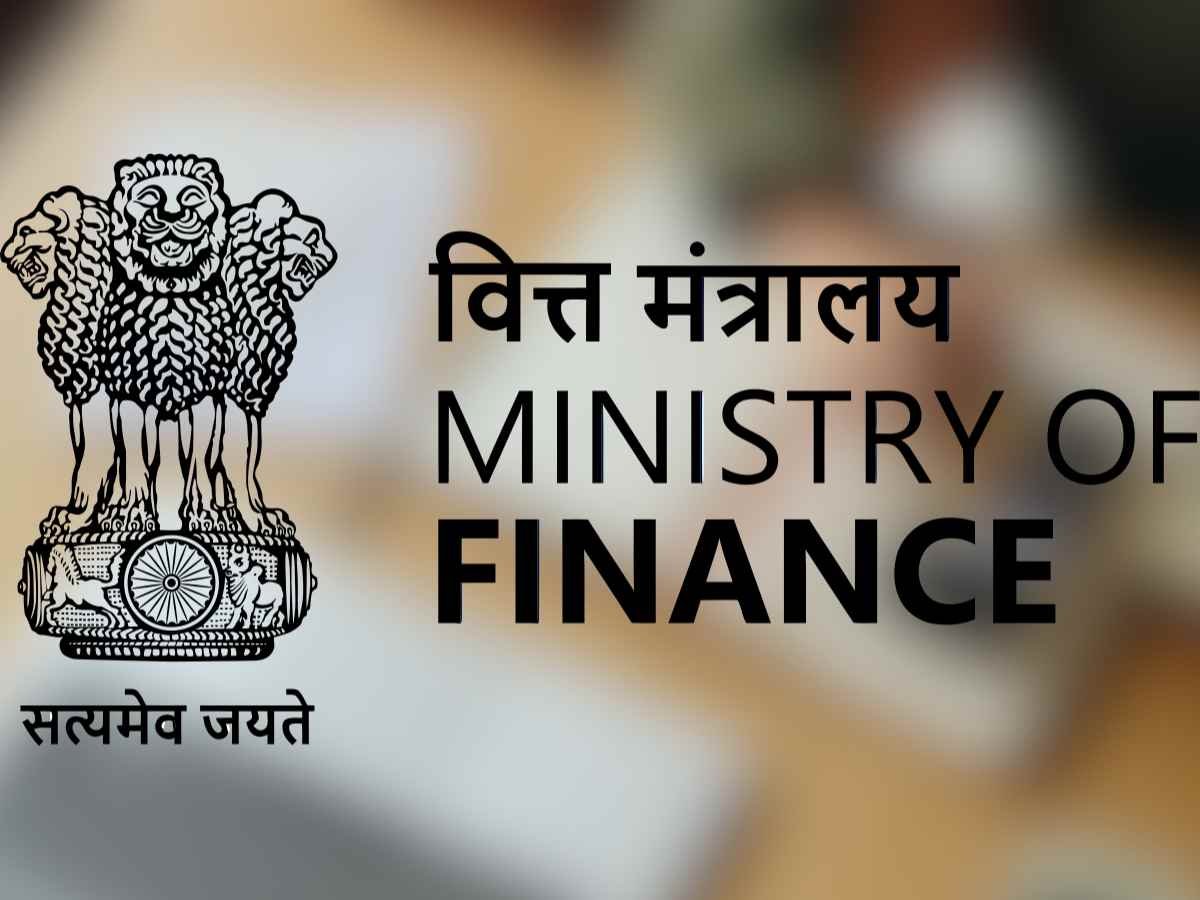In what could be one of the most significant data breaches in India’s taxation history, the Finance Ministry has launched an urgent probe into allegations of a massive leak involving confidential Goods and Services Tax (GST) filings and e-Way Bills. The scandal, reportedly orchestrated by a gang operating in Delhi-NCR, has triggered concerns over the integrity of the country’s digital tax infrastructure and raised alarms among the business community.
“Data Solution” Syndicate Allegedly Sold Sensitive Filings from GSTN
A major data breach involving the alleged black-market sale of confidential GST filings and e-Way Bills has shaken India’s tax and trade ecosystems. Acting on alerts from the Surat Chartered Accountants Association (CAAS), the Finance Ministry has asked the Central Board of Indirect Taxes and Customs (CBIC) to launch an immediate investigation. Early indications suggest that the breach may have compromised the financial and operational confidentiality of thousands of businesses.
According to highly placed sources, the operation was spearheaded by a group identifying themselves as “Data Solution,” with its epicenter in Delhi, Noida, and Ghaziabad. Sources say this underground network offered packages of taxpayer information—ranging from summary data to granular invoice-level details priced between ₹5,000 and ₹25,000.
“This is not a simple leak it’s a structural failure that strikes at the core of taxpayer trust,” said a senior official familiar with the matter.
FCRF x CERT-In Roll Out National Cyber Crisis Management Course to Prepare India’s Digital Defenders
Surat CA Association Sounds the Alarm, North Block Reacts Swiftly
The scandal was first formally flagged by the CA Association of Surat in a strongly worded letter to Finance Minister Nirmala Sitharaman earlier this week. The letter outlined how multiple Chartered Accountants had independently received offers from unknown individuals selling GSTR-1, GSTR-2B, GSTR-3B returns, and even e-Way Bills for clients they hadn’t disclosed to anyone else.
North Block, reportedly jolted by the revelations, has called for an urgent audit of the GSTN (Goods and Services Tax Network), the IT backbone of India’s indirect tax system. Officials fear that if the breach originated from within GSTN, the implications could be catastrophic undermining years of digitization and data security protocols promoted under the “Digital India” initiative.
Finance Ministry sources confirmed that the CBIC has begun internal assessments, and intelligence units have been activated to trace the leak’s origin.
Implications for Businesses and National Security
Experts warn that the leak is not merely a case of corporate espionage. The leaked documents could provide malicious actors with sensitive data about supply chains, client lists, financial positions, and logistics footprints of Indian companies. In the wrong hands, such data can be weaponized for extortion, targeted scams, or even hostile takeovers.
“This is no less than a cyber attack on India’s commercial backbone,” said a former GSTN official on condition of anonymity. “If verified, this breach would rank among the most serious compromises of state-held financial data in Indian history.”
The incident also raises critical questions about the safeguards within India’s digitized governance platforms. Several industry bodies are now demanding an external, independent cybersecurity audit of GSTN systems.
Way Forward: Audits, Arrests, and a Crisis of Trust
The Finance Ministry is under mounting pressure to demonstrate swift and transparent action. Legal experts suggest that apart from criminal charges under the IT Act and IPC, the government may need to re-evaluate access protocols, third-party integrations, and backend API security within GSTN and e-Way Bill systems.
The involvement of private players in handling GST filings, tax facilitation centers, and software vendors will also come under scrutiny in the coming days.
Meanwhile, traders and businesses across India are left wondering how much of their confidential information may already be in circulation and what the long-term damage might be.



